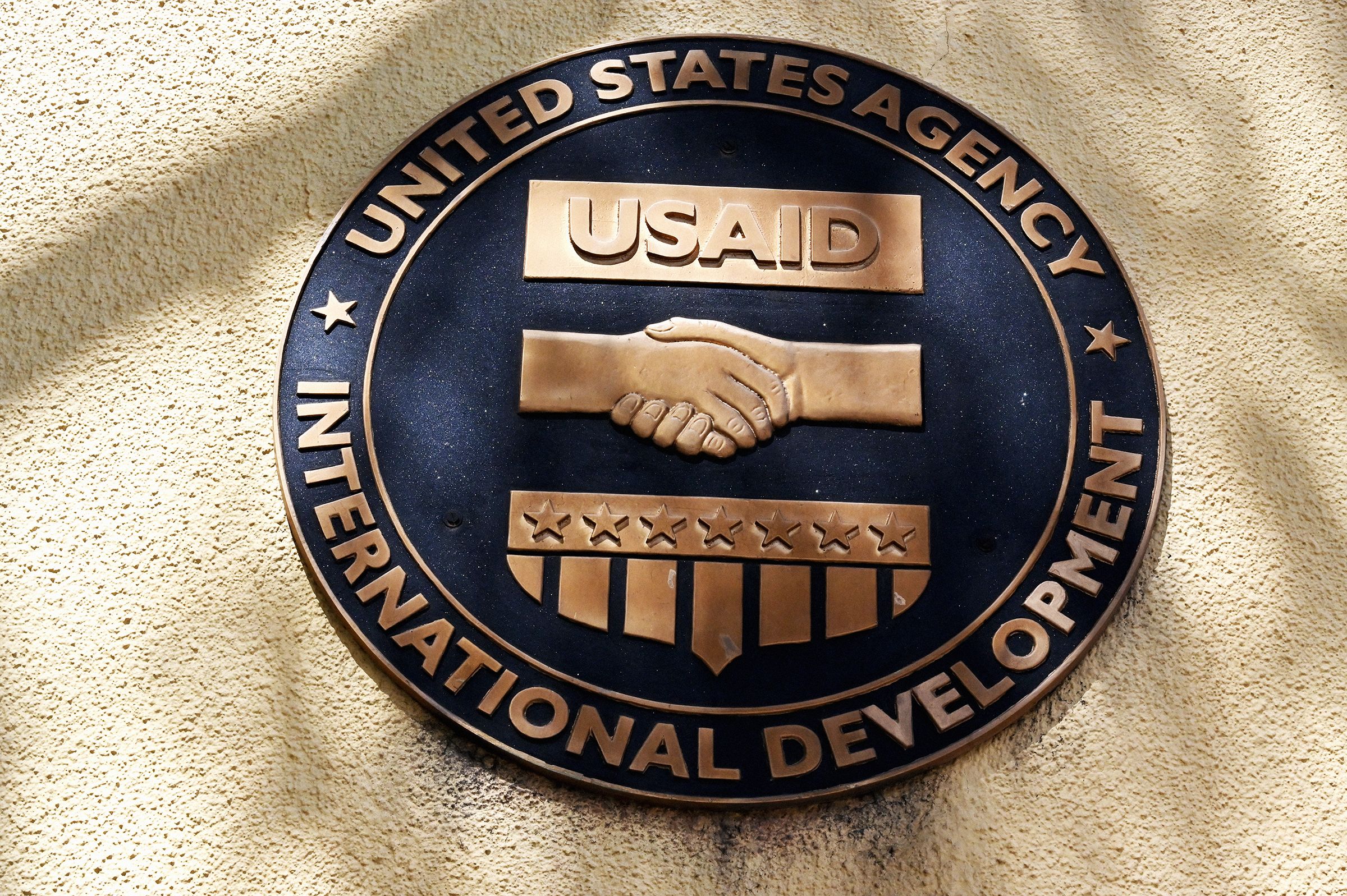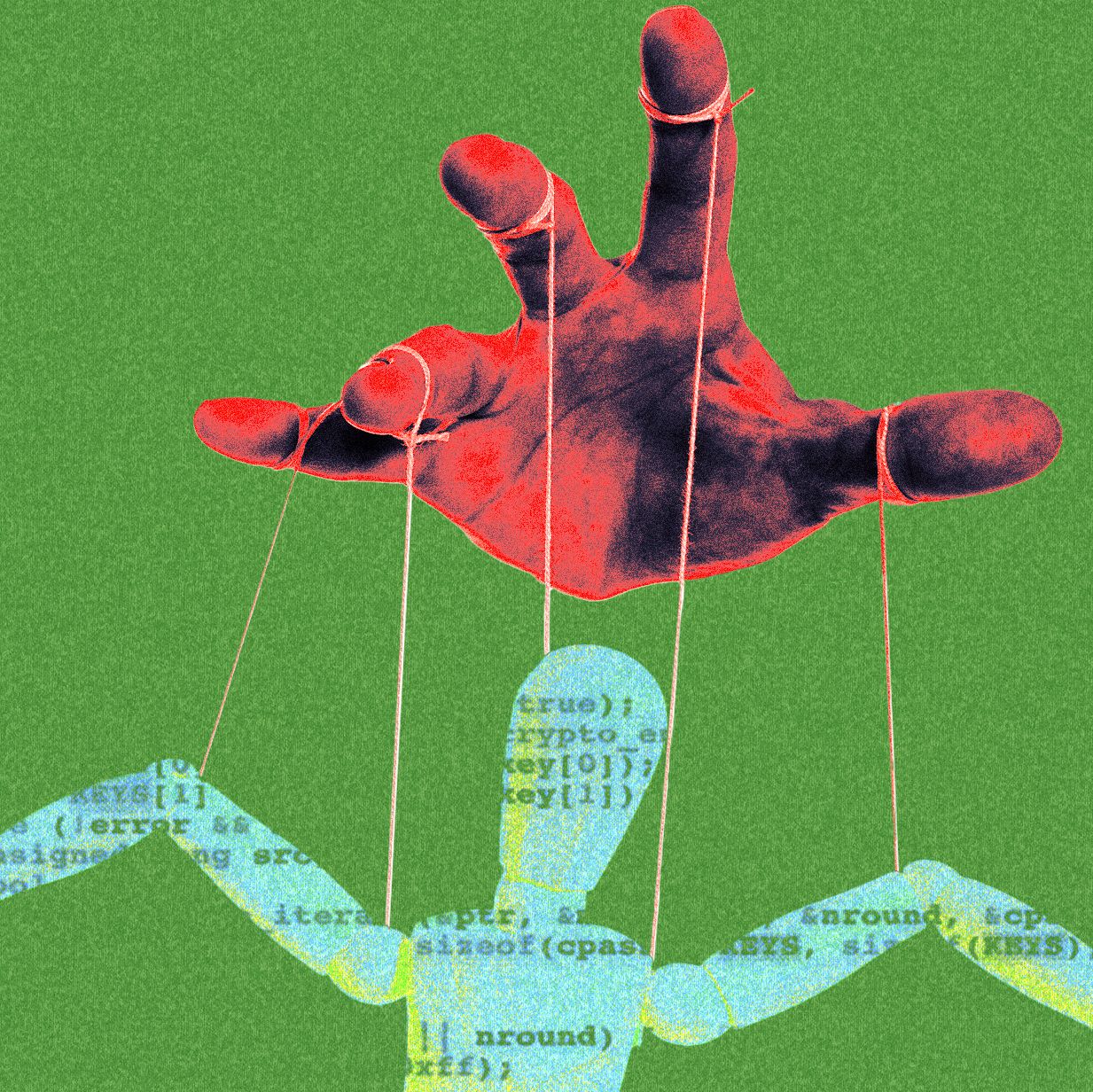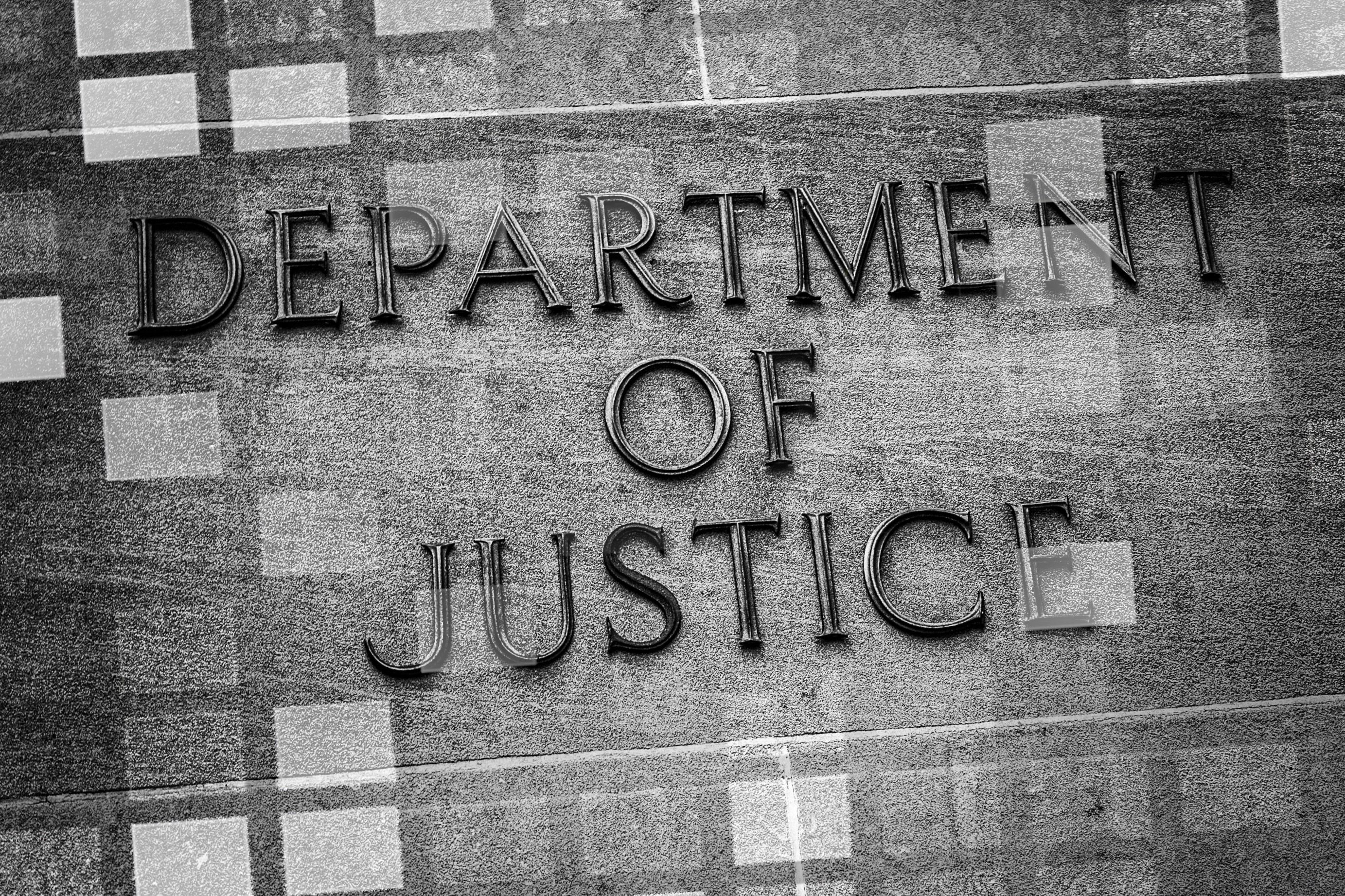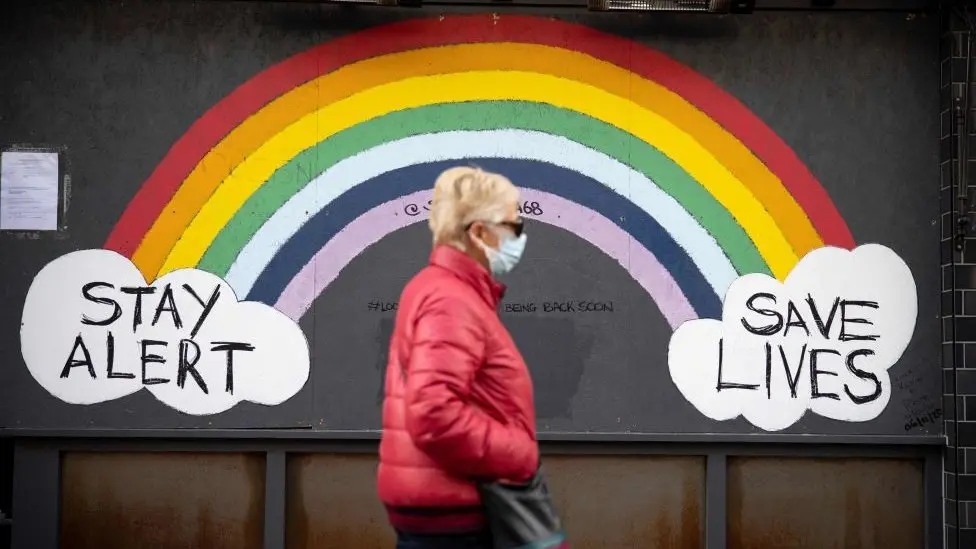How does the Covid inquiry work?
The Covid inquiry is a formal investigation into the handling of the Covid-19 pandemic by government officials, healthcare professionals, and other relevant parties. It is conducted to determine what decisions were made, why they were made, and what impact they had on the course of the pandemic.
The inquiry typically involves gathering evidence in the form of documents, witness statements, and expert testimonies. It may also involve conducting interviews with key individuals involved in the pandemic response.
The inquiry is usually carried out by an independent body appointed by the government or a relevant regulatory agency. This ensures that the investigation is unbiased and transparent.
Once all the evidence has been collected, the inquiry will analyze the information to determine what went wrong in the response to the pandemic and make recommendations for future improvement. These recommendations may include changes to government policy, improvements to healthcare systems, or better preparation for future pandemics.
The findings of the inquiry are typically published in a report that is made available to the public. This report may include a summary of the investigation, key findings, recommendations, and any dissenting opinions from the members of the inquiry.
The purpose of the Covid inquiry is to hold those responsible for the pandemic response accountable for their actions and to learn from any mistakes that were made in order to prevent similar crises in the future.
Overall, the Covid inquiry is a crucial process for ensuring transparency, accountability, and improvement in the handling of public health emergencies like the Covid-19 pandemic.






More Stories
Why today’s sunshine is more dangerous than normal
Are weight-loss injections the answer to obesity?